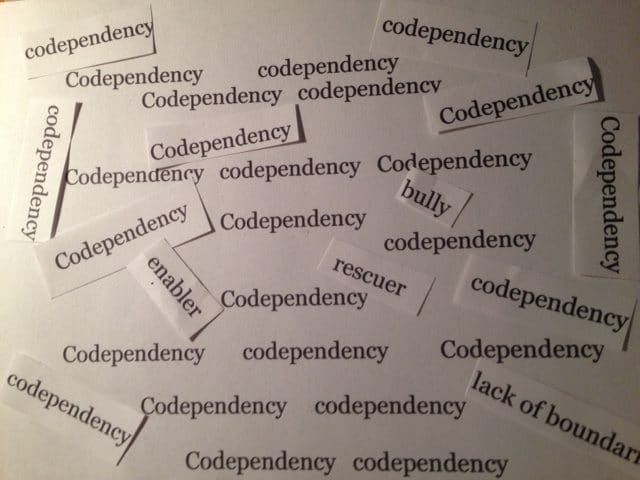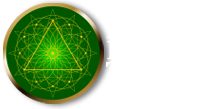Blogs
It feels good to be accepted, loved, and approved of by others, but often the membership fee to belong to that club is far too high of a price to pay. - Dennis Merritt Jones

Title: Is a little bit of codependency necessary to care?
Quote for reflection: “It feels good to be accepted, loved, and approved of by others, but often the membership fee to belong to that club is far too high of a price to pay.”
~Dennis Merritt Jones
Mainstream behaviors
In working with childhood trauma, I think it’s important to understand some basic mainstream behaviors that generally show up repeatedly. A big one is co-dependency with its many tentacles.
One day many years ago while taking a workshop in Idaho with Vianna Stibal (founder of ThetaHealing® Technique), I remember her saying how people have become very uncaring with entitlement issues, like the ‘Me’ generation.
She continued, “I think everyone should be a little co-dependent so there is caring.”
I think my mouth dropped open, and I stopped breathing for a few seconds.
Back in the 80’s and 90’s, I participated in 12-Step groups like CoDa (Co-dependency Anonymous) and Adult Children of Alcoholics. I knew that being co-dependent wasn’t a healthy, functional way to be. I wondered if Vianna understood what she had said, that perhaps she didn’t have another word for not being too independent that it creates a loss of connection, entitlement, and selfishness.
Interdependent
I went up to her after class, gently put my arm around her shoulders, and with deep caring, said, “Vianna, I don’t think you meant that people should be a little co-dependent. Do you mean people need to be interdependent?”
She was quiet and then looked at me like a light bulb went off. “I like that…I didn’t know there was a word for it. Hmmm…interdependent.”
And it’s been from that time on that we’ve been given and give downloads about interdependency, what it is, what it feels like, how to be this way.
Experiencing interdependency allows for the recognition, value and importance of an emotional bond, safety, and intimacy that is mutually shared with others. There is a sense of maintaining ‘emotional solidity’ individually and within the relationship dynamic.
To be totally independent, keeps us in separation from others, and our needs for connection and belonging. It emphasizes the fear of losing our individuality and freedom in relationships.
In truth, we are all interconnected through Creator and the atoms that compose us.
Understanding interdependency supports us to feel more connected to ourselves and others.
Co-dependency
In Book 1, Chapter 2 of Moving Beyond Revised, I mention the characteristics, because it’s really broad-based in permeating our lives, relationships, the way we feel about ourselves, our work, healing, and spirituality.
Initially, it was about people in relationships whose family members were addicted to alcohol/drugs. It has evolved to describe people from any dysfunctional family, with or without drugs, who engage in behaviors that keep them disconnected from themselves.
Co-dependency is a learned behavior that can be passed down from one generation to another. The structure is built upon getting one's emotional and self-esteem needs and expectations met by relying on another to be responsible for this. This can be conscious or unconscious. It entails projecting outside oneself. The core self feels separated, shattered, and/or disconnected from the body and psyche. This is what trauma and loss create.
Some characteristics of co-dependency are: low self esteem (which can be acted out as overachieving as well); poor boundaries; people pleasing; reactive communication (projection or withdrawal); care-taking; controlling; dependency; obsessiveness; inability to ask for help; isolation; denial of issues presented; issues dealing with painful emotions and intimacy.
Learning about healthy family connections vs dysfunctional ones
is available in Book 1, Chapter 2.

